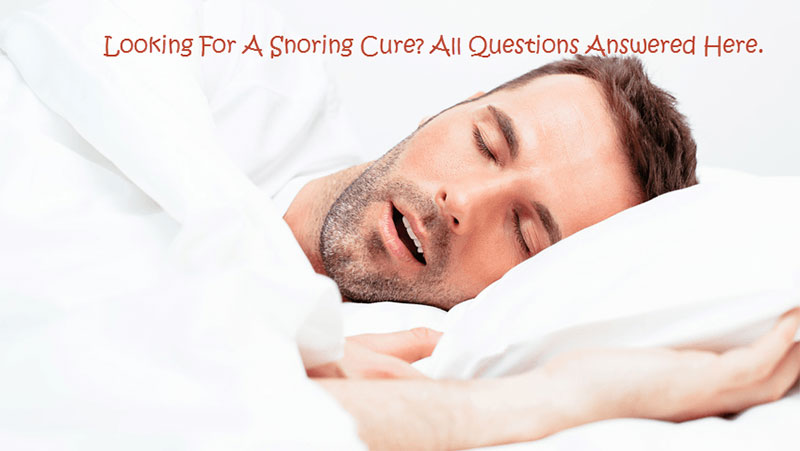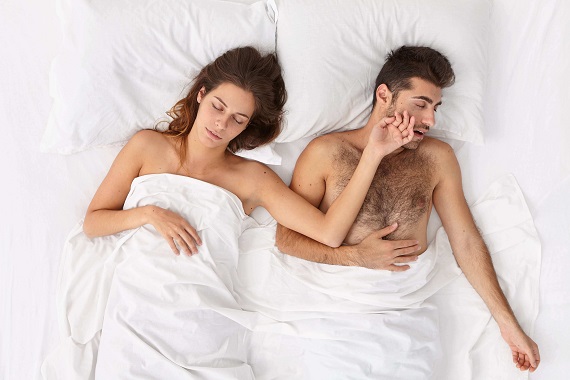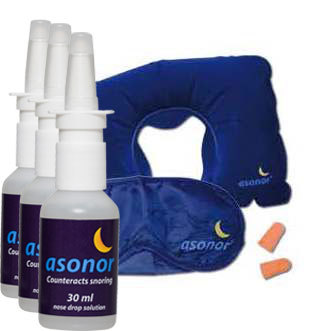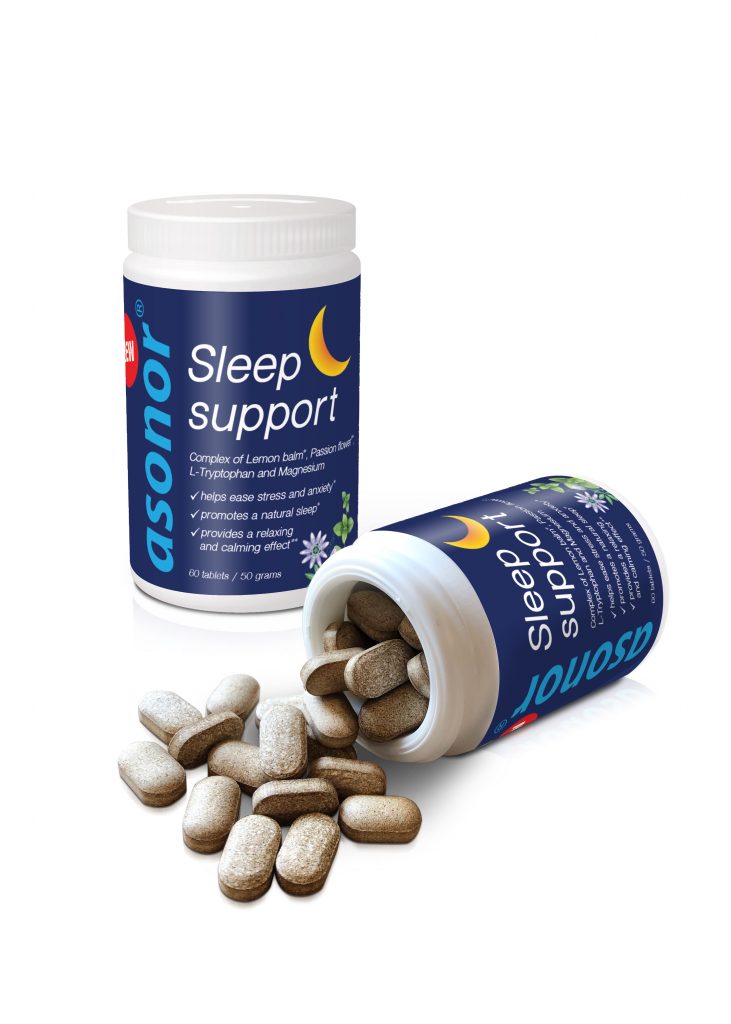Although sleep apnea and panic attacks are different health issues, but can be linked. The main reason is fragmented sleep and low blood oxygen levels due to the apneic episodes that happen all night long, when an individual suffers with sleep apnea. The physiological stress along with sleep deprivation and fatigue can exacerbate panic attacks and anxiety. Usually, it happens due to the low oxygen levels triggering the ‘fight or flight’ response in the body creating a panic-like response. It is usually accompanied by rapid heartbeat, tightness in the chest and breathlessness. Sleep deprivation exacerbates the anxiety and panic attacks, enhancing the apneic episodes.
Symptoms Related to Sleep Apnea Panic Attacks
The following symptoms are associated with panic attacks –
- Heart palpitations
- Pounding heartbeat
- Shakiness
- Trembling
- Sweating
- Hyperventilation
- Suffocation
- Loss of self-control
- Chest pain
- Choking sensation
- Nausea or abdominal stress
- Fainting
- Dizziness
- Lightheadedness
- Hot flashes or chills
- Numbness
- Sudden fear
When does a person experience sleep-related panic attacks?
Obstructive Sleep Apnea, sleep-related laryngospasm, gastroesophageal reflux disease, sleep-related seizures, are certain medical conditions that make a person vulnerable to wake up from sleep, suddenly displaying symptoms of panic attacks.
Gastroesophageal Reflux Disease
In this medical condition, the functionality of the lower oesophageal sphincter is disturbed for preventing the backflow of the digestive fluids from the stomach to the esophagus. This backflow process is medically referred to as reflux. In certain cases, the stomach fluids can make their way from the stomach right up to the throat. The fluidic acidity of this stomach fluid can generate a burning sensation or painful esophagus and throat. This burning sensation is due to the absence of a protective covering surrounding these organs. The refluxed fluid can generate a sour taste in the mouth.
Obstructive Sleep Apnea
In this medical condition, the upper airway muscles go into a deep state of relaxation during sleep, thereby closing off the airway. As the person finds it difficult to breathe, he or she experiences a drop in the blood oxygen levels. Once the oxygen level is dropped below the average, the person wakes up from sleeping for a few seconds. This arousal facilitates the process of restoration of the muscle tone to the airway. Thus, the person is now able to take some quick and short breaths. Sometimes, some people may experience loud snoring due to obstructive sleep apnea. Snoring remedies or snore stop measures can prove to be helpful in this regard.
Difference between a panic disorder and a panic attack
| Key Aspects |
Panic Disorder |
Panic Attack |
| Understand the term |
Sudden and unforeseen episodes of fear and anxiety that reach the peak within a few minutes. |
It is a mental health issue that has reoccurring and sudden panic attacks and worry over having another attack. |
| Occurrence |
Can happen anytime or is part of other mental health issues such as phobias, and anxiety. |
It is diagnosed when the panic attacks become very frequent and there are noticeable emotional/behavioral changes. |
|
Duration |
Usually last from 5-25 minutes |
It is ongoing and can last from a few weeks to years, if ignored. |
| Triggers |
There may or not have any triggers that can be identified. It can be stress, phobias, sleep deprivation or even medical causes. |
No specific reason but attacks can happen repeatedly and suddenly. Sleep apnea can enhance the occurrence. |
| Symptoms |
Rapid heartbeat, fear of dying, sweating |
sweating, dizziness, heart palpitations, impending doom syndrome, cognitive issues, and loss of self-control |
| Treatment |
Managing the episodes of panic disorder through meditation, calming strategies and breathing techniques. |
Cognitive Behavioral Therapy (CBT), lifestyle changes and medication. |
Coping with Late Night Panic Attacks
Here are a few ways in which you can help yourself in dealing with the late-night panic attacks –
- Never fight the demons that pop up in your mind when you face a
sudden panic attack. - Try to relax your body back to its relaxed state and sit calm
for a while. - Focus your minds on some positive thoughts or happenings of your
life. - Go back to your bed only when you are ready to sleep
How Does Sleep Apnea Trigger Panic Attacks?
Sleep apnea is a sleep disorder that is marked with fragmented sleep, due to frequent cessation of breathing episodes lasting a few seconds, along with heavy snoring all through the night. The sleep deprivation and low oxygen levels triggers panic attacks and anxiety. That makes the body to release adrenaline, the stress hormone, putting the body in ‘flight-or-fight’ mode. Waking up gasping for breath due to apneic episodes can intensity panic, fear and heightened anxiety. Additionally, the sleep deprivation due to fragmented sleep over a period can disrupt cognitive responses to regulate emotions and increases a risk of mental health issues.
Tips for preventing the onset of panic attacks
Here are some useful tips to avoid the onset of panic attacks –
- Take your time to relax your body to get back to sleep.
- Prepare yourself thoroughly for the beginning of the next
day. - Schedule a consistent sleeping pattern.
- Limit your intake of caffeine, sugar, and alcohol before you get
back to bed. - Get snoring remedies if you have snoring issues.
Treatment Options for Sleep Apnea and Panic Attacks
The multifaceted treatment for sleep apnea is not restricted to just using the CPAP device which helps to keep the airways open during sleep, with pressurized air, but lifestyle changes need to be made eventually. From avoiding alcohol, weight loss to sleeping on your side can help reduce snoring and other symptoms. In some cases, invasive surgery is needed to reposition the jaw for proper alignment or correct a deviated septum.
Panic attack treatment includes Cognitive Behavioral Therapy and medication while identifying triggers. Antio-anxiety drugs or even anti-depressants might be prescribed to stabilize the mental health issues. Additionally, lifestyle changes including stress management, proper sleep and diet are key in managing both sleep apnea and panic attacks effectively.






